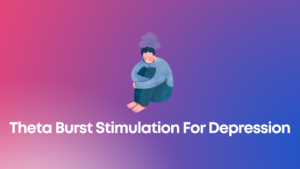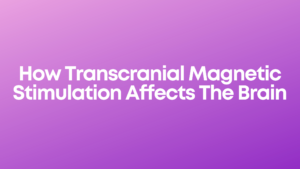PsyFi TMS: How Sleep Impacts Depression: Sleep problems and depression are closely linked. People who suffer from insomnia, for example, have ten times the chance of developing depression as people who get a good night’s sleep. 75% of people with depression struggle to fall asleep or stay asleep.
“Poor sleep may create difficulties regulating emotions that, in turn, may leave you more vulnerable to depression in the future—months or even years from now. And depression itself is associated with sleep difficulties such as shortening the amount of restorative slow-wave sleep a person gets each night,” says Johns Hopkins sleep researcher Patrick H. Finan, Ph.D.
There are a few things you can do to try and improve your sleep if you’re struggling with depression. First, make sure that you’re going to bed and waking up at the same time each day, and try to avoid using electronic screens in the hour before bed. Secondly, make sure your bedroom is dark, quiet, and cool. You may also want to try some relaxation techniques before bed, such as deep breathing or meditation.
Other things that can help improve sleep include regular exercise and avoiding caffeine and alcohol before bed. If you’re still struggling to get a good night’s sleep, talk to your doctor about possible treatments for insomnia.
How TMS Can Help
If you suffer from depression, TMS may be a good treatment option for you. TMS is a non-invasive therapy that uses magnetic pulses to stimulate the brain. It is effective in reducing symptoms of depression and works by stimulating the Dorsolateral Prefrontal Cortex (DLPFC), which is thought to be involved in mood regulation.
TMS therapy is a safe and effective treatment for depression. Your sleep impacts depression, and is based on various factors. If you’re struggling with depression, TMS may be the right treatment for you. Contact us today to find out if TMS is the right treatment for you.


